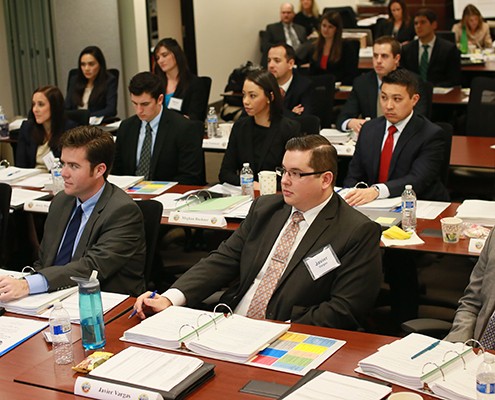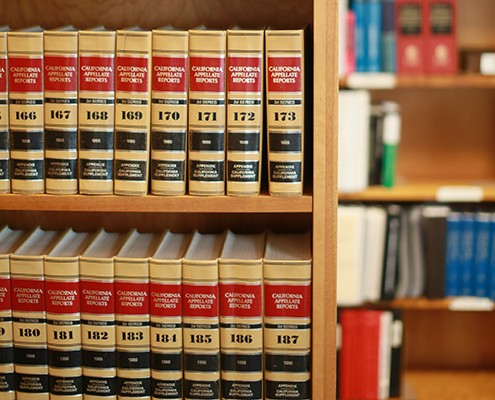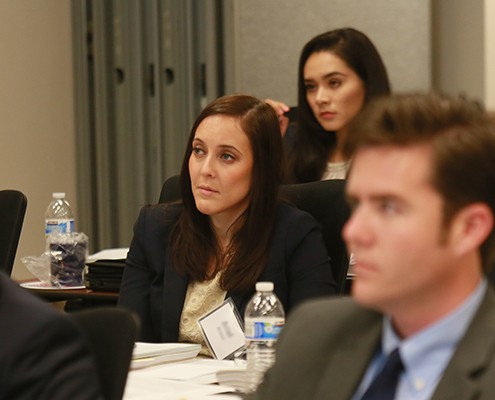| 2016 Staffing | |
|---|---|
| Attorneys | 13 |
| Staff Development Personnel | 2 |
| Paralegals | 2 |
| Support Staff | 7 |
| Total | 24 |
The Appellate & Training Division provides support to the District Attorney’s Office in the areas of motion practice, appellate practice, legal research, policy, ethics, legislation, training, and public records. Deputy District Attorney James E. Atkins was the Division Chief and Deputy District Attorney Mark Amador served as the Assistant Chief. Deputy District Attorney Patty Herian became Training Director and Deputy District Attorney Marcella McLaughlin moved into the role of office Ethics Coordinator, providing advice, assistance, and training to attorneys in matters relating to ethics and professionalism in and out of the courtroom. The division is also responsible for publishing legal resources for this office and prosecutors’ offices across the state, notably Autobrief, which is edited by Deputy District Attorney Craig E. Fisher.
Appellate prosecutors handle motions, appeals, and writ petitions. In addition, they serve as the legal advisor to the District Attorney’s Office, providing legal assistance to trial attorneys. Last year, appellate attorneys handled numerous motions, briefs, and oral arguments in the various California courts. In addition, they responded to hundreds of inquiries from prosecutors seeking legal advice. Attorneys in the division provided support for many high-profile cases and developed internal policies and procedures related to areas such as post-conviction discovery, public records requests, body-worn cameras, and implemented new laws and legal precedents.
Attorneys in the Appellate & Training Division also participated in the California District Attorneys Association, serving on the appellate, legislation, legal issues, and ethics committees. During 2016, the division responded to more than 100 California Public Records Act requests, and more than 200 inter-agency requests for records and information.
On the training side, the division continues to dedicate itself to the developing and coordinating high-quality, in-house training programs as a State Bar recognized MCLE provider. DDA Herian, Assistant Training Director Jim Kelly, and members of the Legal Training Advisory Committee devoted countless hours to successfully offer numerous in-house programs that provided all attorneys and paralegals with their continuing legal education requirements, allowing attorneys to maintain their license to practice law in the State of California. Examples of these programs are two annual all-day training sessions and numerous office-wide live-stream lectures that targeted current legal issues.





